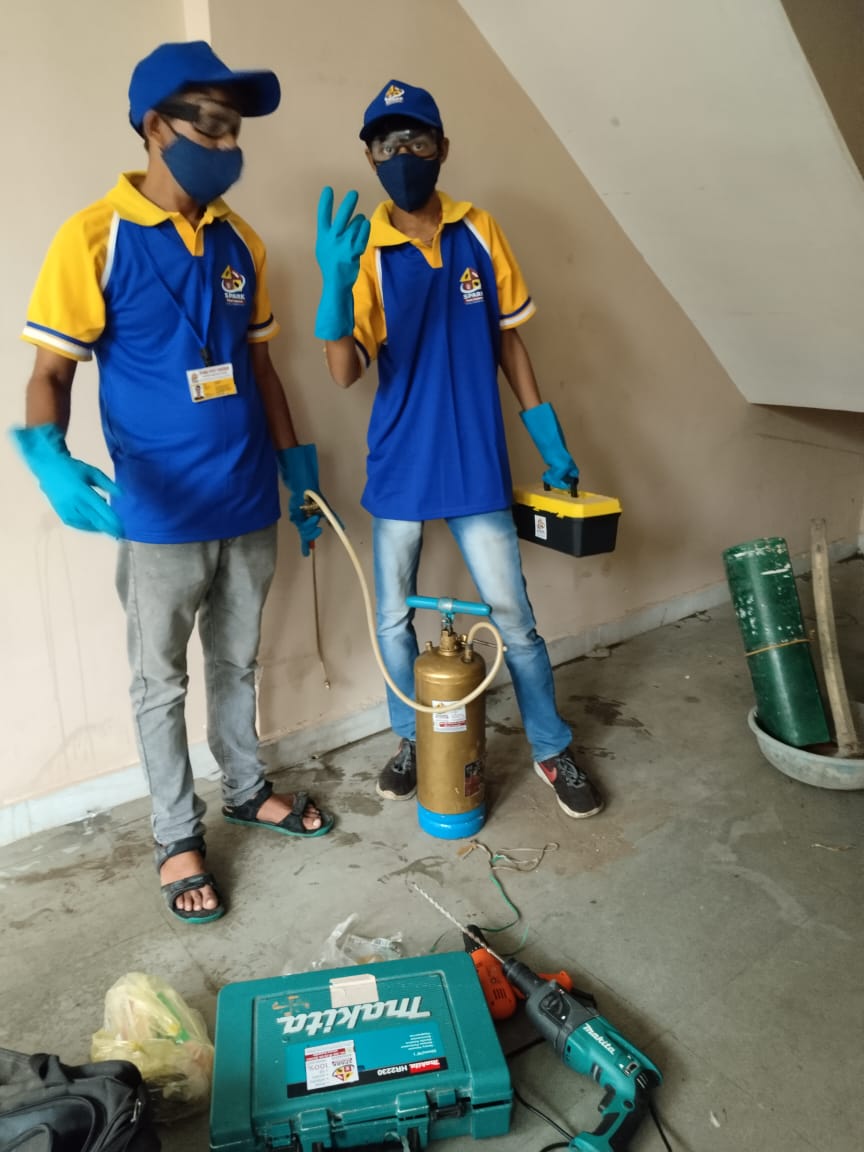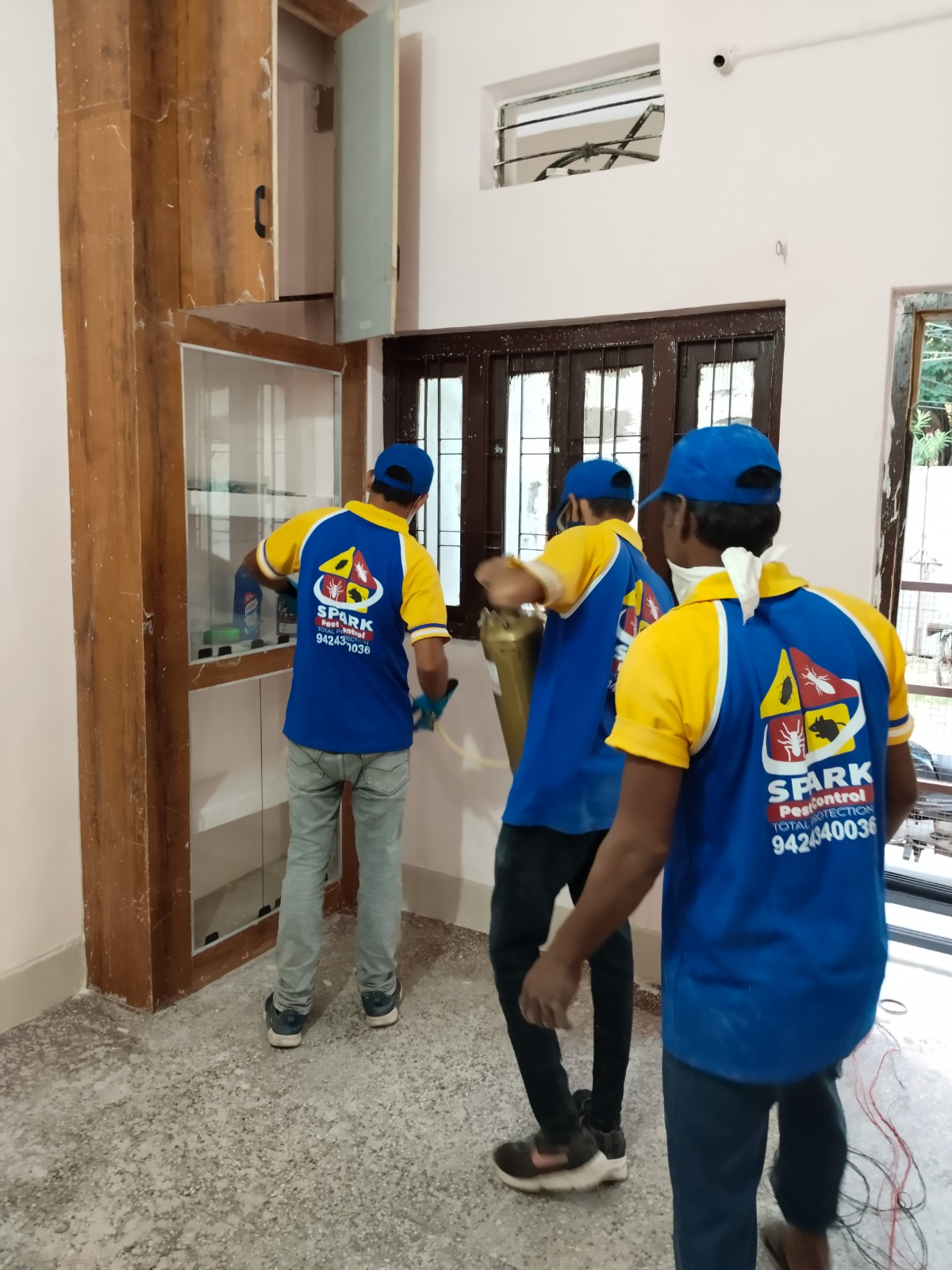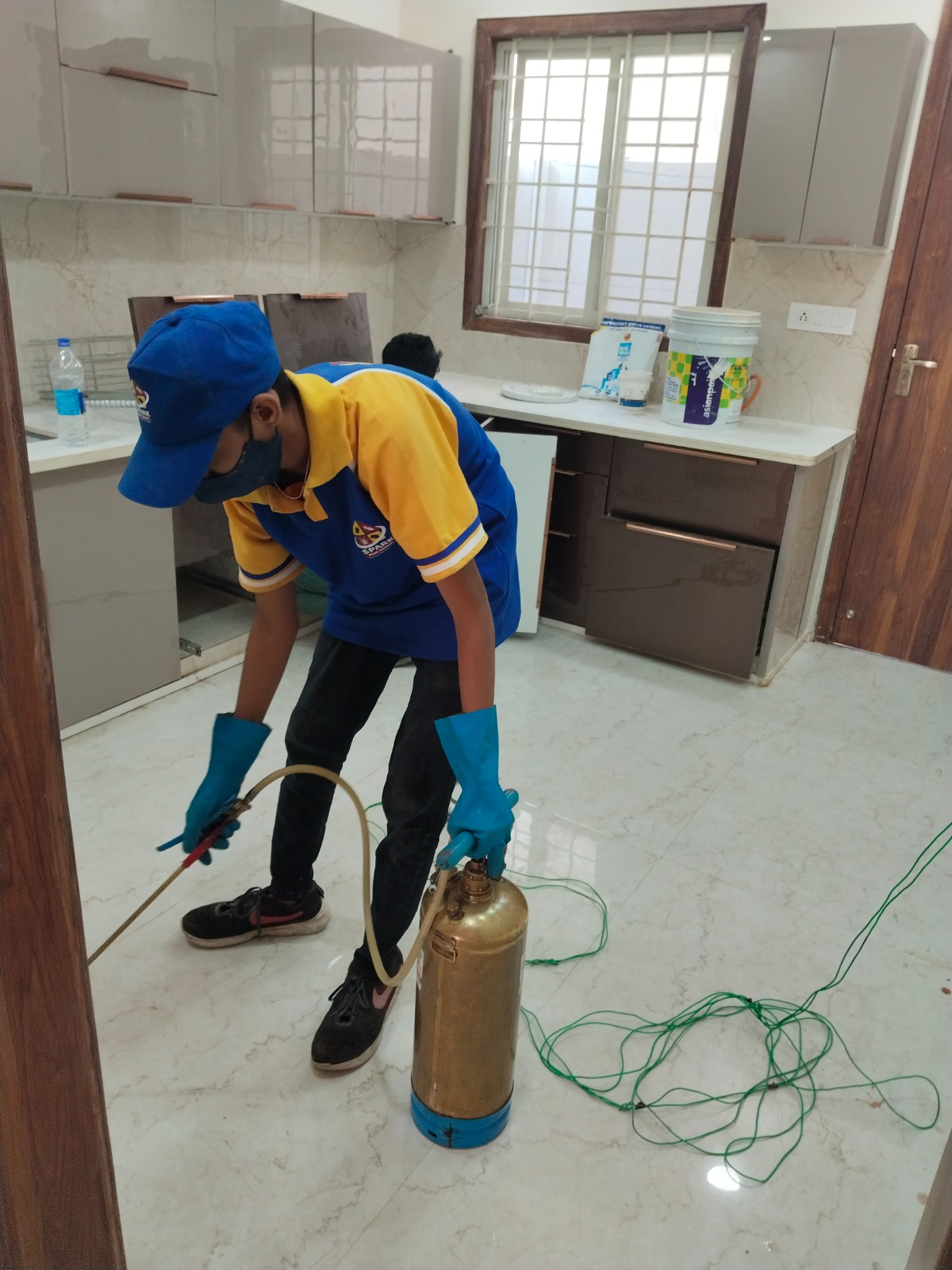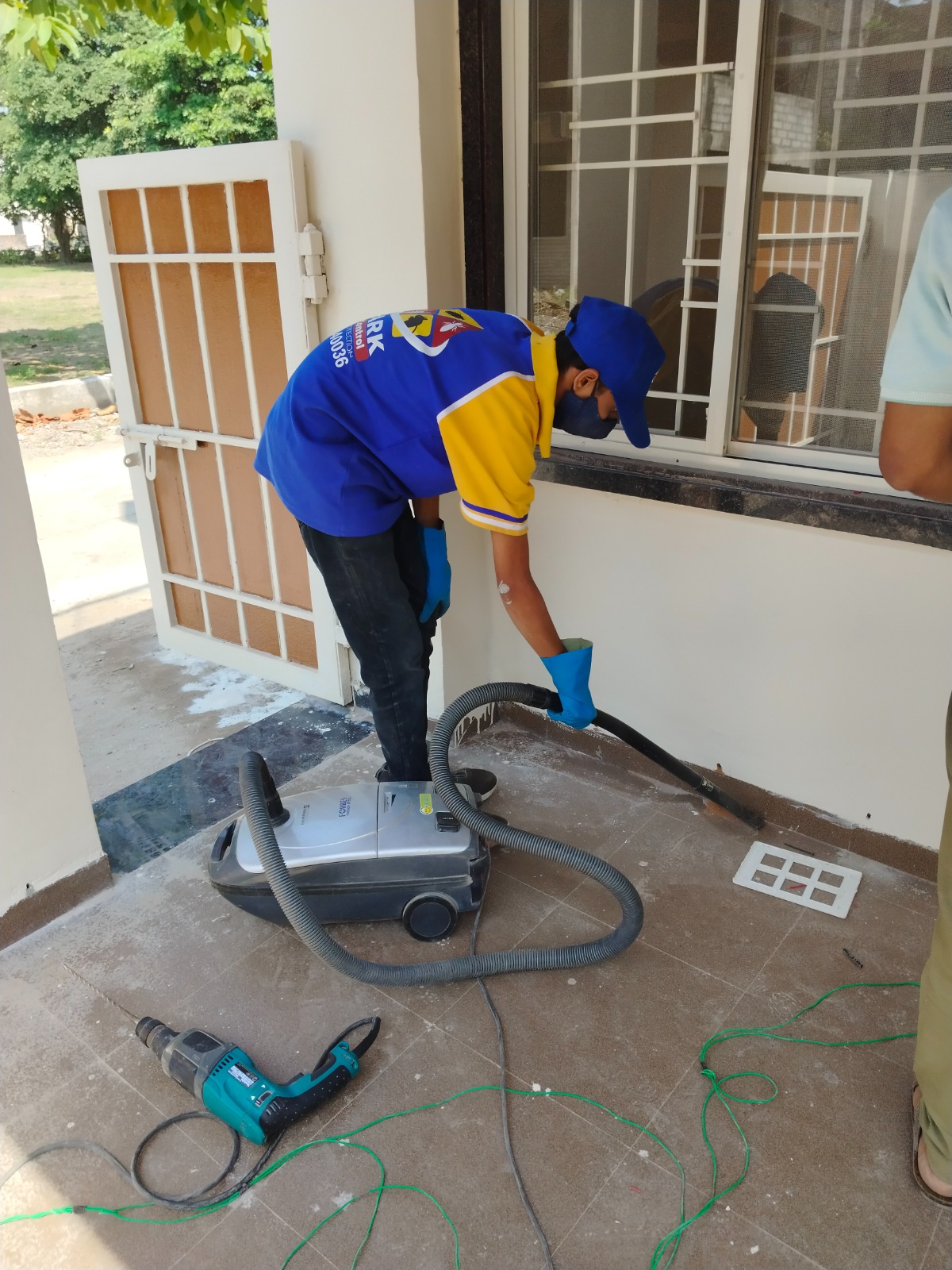Customer Satisfaction
4.7 Google Ratings
Prompt and Efficient
Eco Friendly Solution
Mosquito Control Service in Bhopal
Mosquitoes are carriers of numerous diseases, including malaria, filariasis, dengue, yellow fever, and encephalitis.
Only female mosquitoes bite humans, as they require blood for the development of their eggs, while males feed on plant nectar. They are commonly found in close proximity to human habitats.
Various species of mosquitoes exhibit preferences for different types of standing water in which to lay their eggs. Beneficial predators like fish and dragonfly nymphs in permanent ponds, lakes, and streams play a crucial role in keeping these bodies of water relatively free of mosquito larvae. However, marshes, swamps, clogged ditches, and temporary pools and puddles serve as prolific breeding sites for mosquitoes.
Effectively managing mosquito populations involves a systematic approach, encompassing the following activities:
1. Anopheles:
- This species is responsible for transmitting malaria.
- Anopheles breeds in stagnant collections of clean water, such as ponds, lakes, overhead tanks, and underground tanks.
- It is most active after dusk.
2. Culex:
- Responsible for causing filariasis, characterized by fever and acute swelling of the lymph glands.
- Culex breeds in stagnant collections of polluted water, like drains, gutters, and septic tanks.
- It is the common house mosquito and a major nuisance after dusk, causing sleepless nights due to heavy biting.
3. Aedes:
- This species is responsible for spreading dengue, which has reached epidemic proportions in urban areas.
- Aedes breeds in man-made collections of clean water, including water coolers, pots, old tires, cans, empty bottles, and flower vases.
- It is a day-biting mosquito known for its characteristic sharp bite.
Treatment involves fogging and spraying mosquito repellent.
!["Welcome to Bhopal's Premier Pest Control Service! Looking for top-notch pest control services in Bhopal, Madhya Pradesh, India? You've landed in the right place! At [Your Pest Control Company Name], we're your trusted local experts in pest eradication and prevention. 🪲 Pest Control Bhopal: Say goodbye to unwanted intruders in your home or business. Our skilled team specializes in comprehensive pest control solutions tailored to Bhopal's unique pest challenges. 🏡 Residential Pest Control: Protect your family and home from pests. We offer effective, safe, and eco-friendly solutions for all your residential pest control needs. 🏢 Commercial Pest Management: Safeguard your business reputation and operations. Our commercial pest control services are designed to keep your establishment pest-free. 🌿 Eco-Friendly Solutions: We prioritize the environment and your well-being. Our eco-friendly methods ensure pests are gone while preserving the beauty of Bhopal's natural surroundings. 🕒 Prompt and Efficient: Don't wait; pests multiply fast! Our team responds quickly, providing prompt and efficient service to address your pest concerns. 🗺️ Serving Bhopal, Madhya Pradesh: We're proud to serve the beautiful city of Bhopal and its surroundings. Count on us for local expertise and a deep understanding of regional pest issues. 🤝 Customer Satisfaction: We believe in earning your trust. Our goal is your complete satisfaction, and we strive to exceed your expectations with every service. Ready to reclaim your space from pests? Contact us today for a pest-free tomorrow. +919424340036" Remember to replace "Spark Pest Control" and "+919424340036" with your actual company name and contact details for the website. This will make it search engine friendly for users in Bhopal, Madhya Pradesh, India.](https://sparkpestcontrol.com/wp-content/uploads/2023/09/cropped-cropped-cropped-SPARK-Pest-Control-LogoONLY-BLACK-1-1.png)





